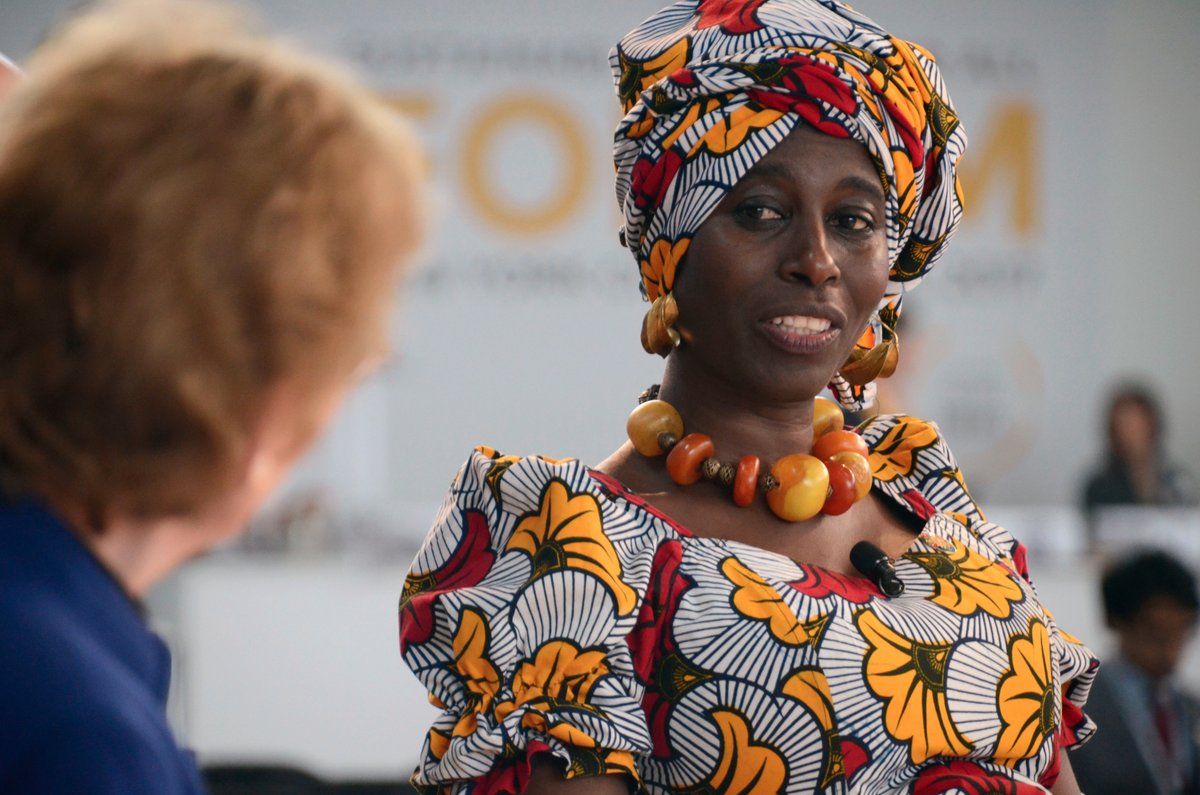For the past three days (03-05 April), the Duggal Greenhouse in Brooklyn, New York has played host to the 3rd Sustainable Energy for All Forum (SEforALL). The Forum brought together over 1,000 high-level representatives from government, business, civil society and international organisations to develop ideas and drive action towards achieving universal access to sustainable energy and realising Sustainable Development Goal 7 (Ensure access to affordable, reliable, sustainable and modern energy for all).
Energy access is fundamental to realising the right to development. To advance climate justice, it is necessary to power sustainable development for all using clean, affordable and sustainable energy services that do not further damage our climate system. Today, over a billion people live without access to electricity and 2.7 billion people still rely on harmful and inefficient cooking facilities. In Africa alone there are 620 million people without access to electricity.
This year, the Forum had a welcome focus on the innovative solutions and targeted approaches required to end energy poverty by reaching those furthest behind first. On April 5th, the third day of the Forum, The Mary Robinson Foundation – Climate Justice co-hosted, with SEforALL, a ‘Deep Dive’ session to discuss targeted approaches to deliver access to affordable and sustainable energy to people and communities living in poverty. The panel, titled Leaving No One Behind, was moderated by Mary Robinson and included Rachel Kyte, CEO of SEforALL and Special Representative of the UN Secretary-General; Sheila Oparaocha, International coordinator, ENERGIA; Clare Shakya, Director, Climate Change, International Institute for Environment and Development; and Ilmi Granoff, Director, Sustainable Finance, ClimateWorks.
In her opening remarks, Mary Robinson said that, for the poorest people and communities, access to sustainable energy should be viewed as an enabler of positive development outcomes, concluding that “[energy] should be considered a public good, in much the same way as education, healthcare or public infrastructure.”
In framing the challenge of ending energy poverty, Ilmi Granoff underscored the importance of ensuring that the scale up of energy access was consistent with efforts to combat climate change, saying that sustainable, low carbon energy services must replace traditional high-carbon energy generation.
Clare Shakya, speaking about the need for targeted approaches to deliver energy services, said that it is possible to finance even the most rural energy access programmes, but it requires ensuring that the resources get to the areas that need it most. By way of an example, she highlighted an initiative in Malawi where clean cook stoves are being distributed via a social protection mechanism, thereby ensuring that the stoves reach those who need them most.
Sheila Oparaocha emphasised the importance of including women in developing solutions to end energy poverty. Speaking from the perspective of a practitioner, she said that the partnerships forged under SEforALL should work for social inclusion and gender equality.
Demonstrating a commitment to reaching the furthest behind first, SEforALL launched a People-Centred Accelerator at the New York Forum. This mechanism under the SEforALL initiative will help to ensure that solutions are grounded in rights based approaches and include women and marginalised communities. Speaking at the launch of the accelerator, Rachel Kyte said “we have to make sure that sustainable energy access really allows everyone to achieve their dreams for healthy, prosperous lives”.
Related Links
Our Work – Position Paper on Meeting the Energy Needs of the Poorest
More information on the Sustainable Energy for All Forum is available here.
More information on Sustainable Development Goal 7 is available here.


